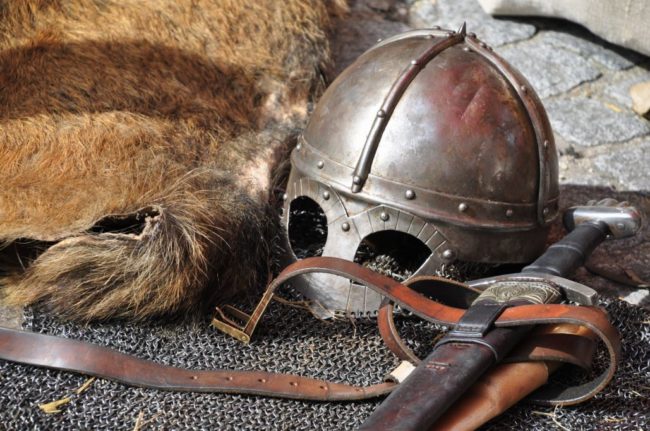Count Waldstein, a German nobleman and patron of arts, in March of 1791 during Bonn’s Carnival season, organized an event for which he needed a ballet play. The Count was the most influential early supporter of young Beethoven. He was a lover of music and arts, an amateur pianist and composer.
His initial idea was to commission a ballet music, but keep Beethoven in secret, as a ghost writer. After the event the Bonn Theaterkalender credited Waldstein with both the play and music, saying the Ritterballet was “On Shrove Sunday, the local nobility performed a characteristic ballet in old German costumes in the concert hall of the Redoute. The creator of said event, his Excellency Count von Waldstein’s, composed dance and music in honour of the event, taking into account the inclinations of our forefathers to war, hunting, love and carousing.”
The orchestral part lasts for about 11 minutes and has 8 sections.
- March
- German Song
- Hunting Song
- Romance
- Battle Song
- Drinking Song
- German Dance
- Coda
This music is not among the finest from Beethoven, but on pair with the rest from his Bonn period. It has strong characteristics from the German folk music and country dances.
It was Franz Wegeler, Beethoven’s friend who revealed the secret of the ghost writing, saying “This composition was long thought to have been the work of Count Waldstein, as Beethoven did not name himself as the composer, and even more so as the former organized the ballet together with the dance master Habich from Aachen.”
It was Wegeler, who also named the play Ritterballet, as on surviving manuscripts this title does not exists.
Until 1960 the Beethoven-haus had owned the piano reduction autograph score, but unfortunately it was destroyed by a fire. Today, the Ritterballet is listed as WoO 1. (WoO, as opus without number).





